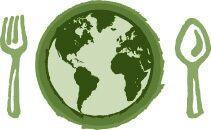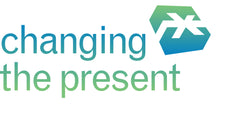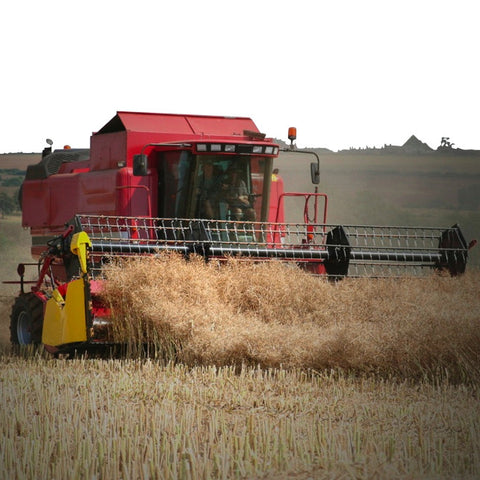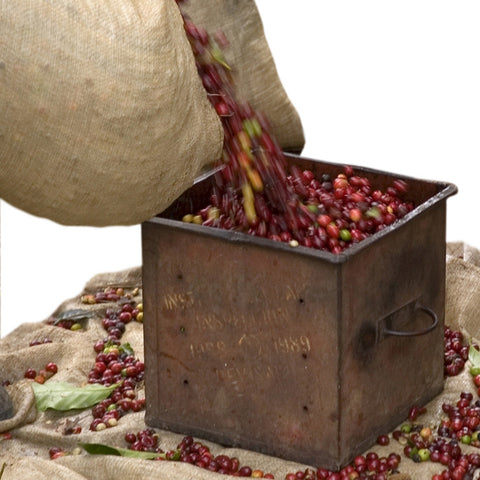
Sustainable Food Laboratory
See our GiftsOverview
The Sustainable Food Laboratory (SFL) is a consortium of business, NGO and public sector leaders working together to ensure that the world’s agriculture and food supply meets the needs of the present while increasing the global capacity to meet the needs of the future.
Mission
To accelerate the shift of sustainable food from niche to mainstream.
Vision: to ensure that all actors from farm to fork have livable incomes; soil fertility is maintained and improved; water and biodiversity are protected; energy use and waste are within the earth’s capacity to sustain forever.
Program
In the next fifty years, our planet’s population will grow from 6 billion to 9 billion people. At the same time, fisheries are over-fished, soil is degrading at an alarming rate, the planet is becoming warmer, millions of farmers and farm workers live in poverty, and food industry leaders do not know how we will meet future needs. Believing that we can only effect market transformation if we work together, we convene a global network of leaders from businesses, NGOs, government, and organizations of farmers, farm workers and consumers. The diversity of the SFL membership is its strength. We facilitate innovation, foster networks of relationships across traditional food system divides, harmonize principles for sustainable supply chains, assist members in implementing principles, aggregate impact and disseminate information about our activities. In the US, Food Lab members are asking bold questions about how their current business practices need to change to alleviate poverty in producer communities. In Brazil, producers are finding innovative ways to produce food and preserve resources for future generations. Municipalities in Europe and the US are creating incentives for school and hospital food service providers to value quality over price.
Impact
Initiatives are improving livelihoods of farm families in Central America; reducing pesticide use in crops; influencing investors and policy makers in biofuels; making businesses and NGOs more effective in promoting sustainability; promoting fair trade and leading to the creation of purchasing standards that will value quality over price.
Countries
United States, Guatemala, Dominican Republic, Netherlands, Mexico, Canada, Egypt, Ethiopia, Germany, Ghana, Kenya, Brazil, Colombia, Costa Rica, France, Haiti, India, South Africa, Spain, Switzerland, United Kingdom
States
California, Vermont
Contact
3 Linden Road
Hartland, VT 05048
Phone: (802) 436-1277
www.sustainablefood.org
A project of Sustainability Institute (EIN: 02-0492913)
Regular price $4000 $40.00
Your gift will pay for one hour of a researcher's time to build on current efforts to address sustainability issues in palm oil, cotton, soy, sugar, coffee and other commodities by looking across commodities. The research will determine the key impacts that matter most for water, soil, biodiversity, toxicity and greenhouse gas emissions and find indicators to measure them.
Regular price $10000 $100.00
A principal root of the problem has been that in order to add variety and diversity to public/institutional menus and simultaneously reduce personnel, infrastructure and contract costs, one option has predominated: prefabricated, ready to serve, processed food, often laden with ingredients unhealthy to body, mind and environment. This is now being reversed and the challenge is how to change the entire public/institutional food system to...
Regular price $30000 $300.00
Your donation will pay travel costs for farmers to join in the discussion of the future of our food system, side-by-side with representatives from large national and multi-national food companies (wholesalers, retailers), NGO's and government representatives.
Regular price $4000 $40.00
Help determine a “fair price" for produce from family farms in developing countries selling to global markets. Forward thinking companies that want to do the right thing need to know how their business practices impact on poverty. In some cases they need to know what a "fair price," rather than the "lowest possible price" would be. Fund one hour of an expert's time to evaluate...




